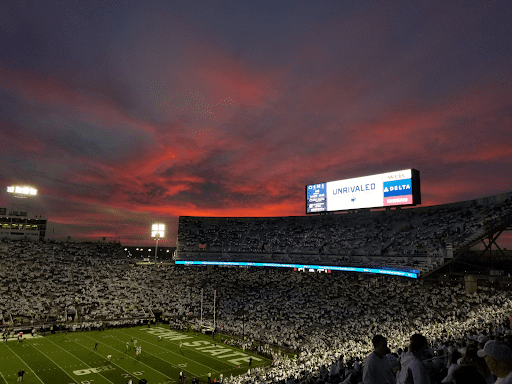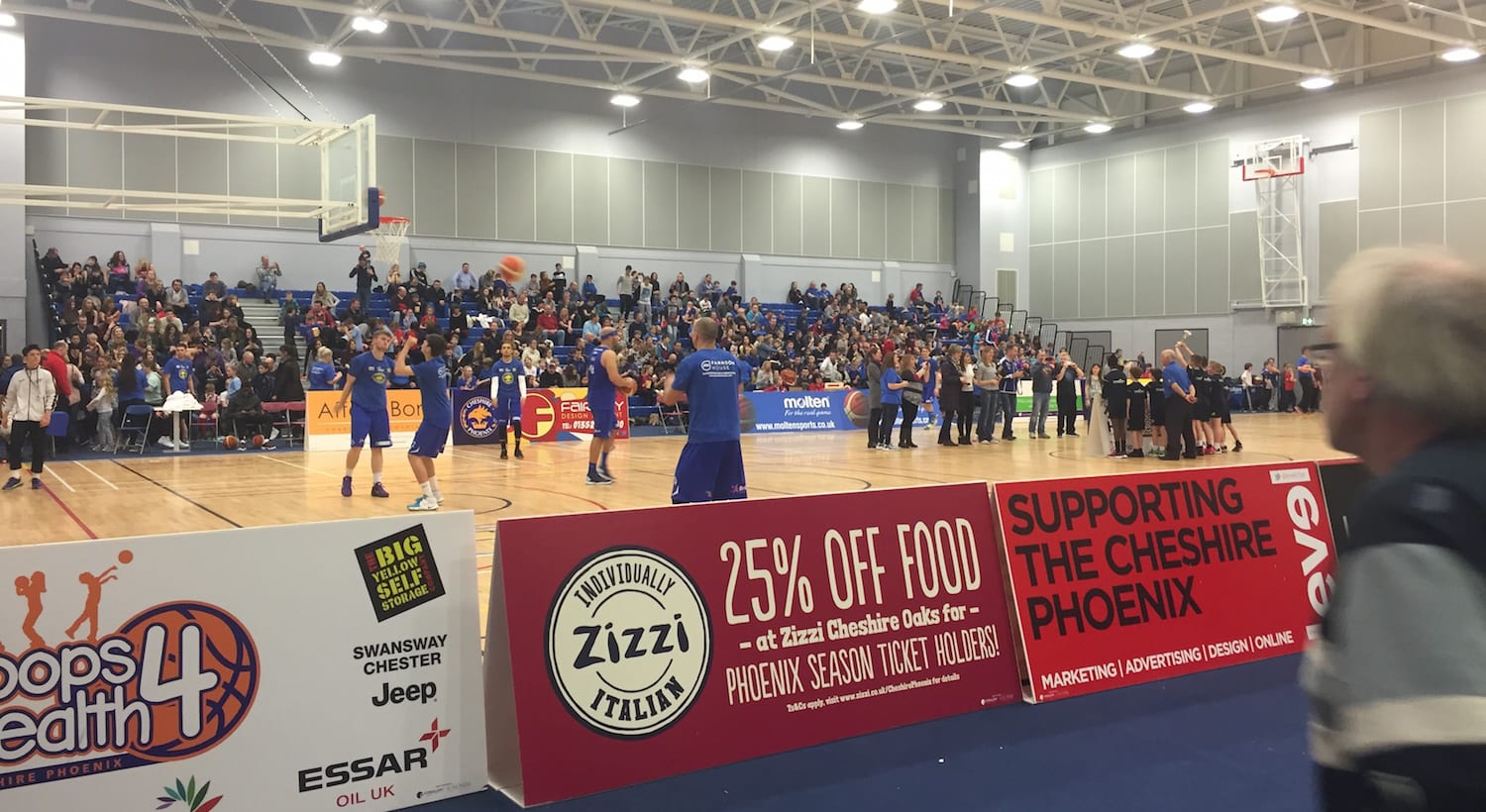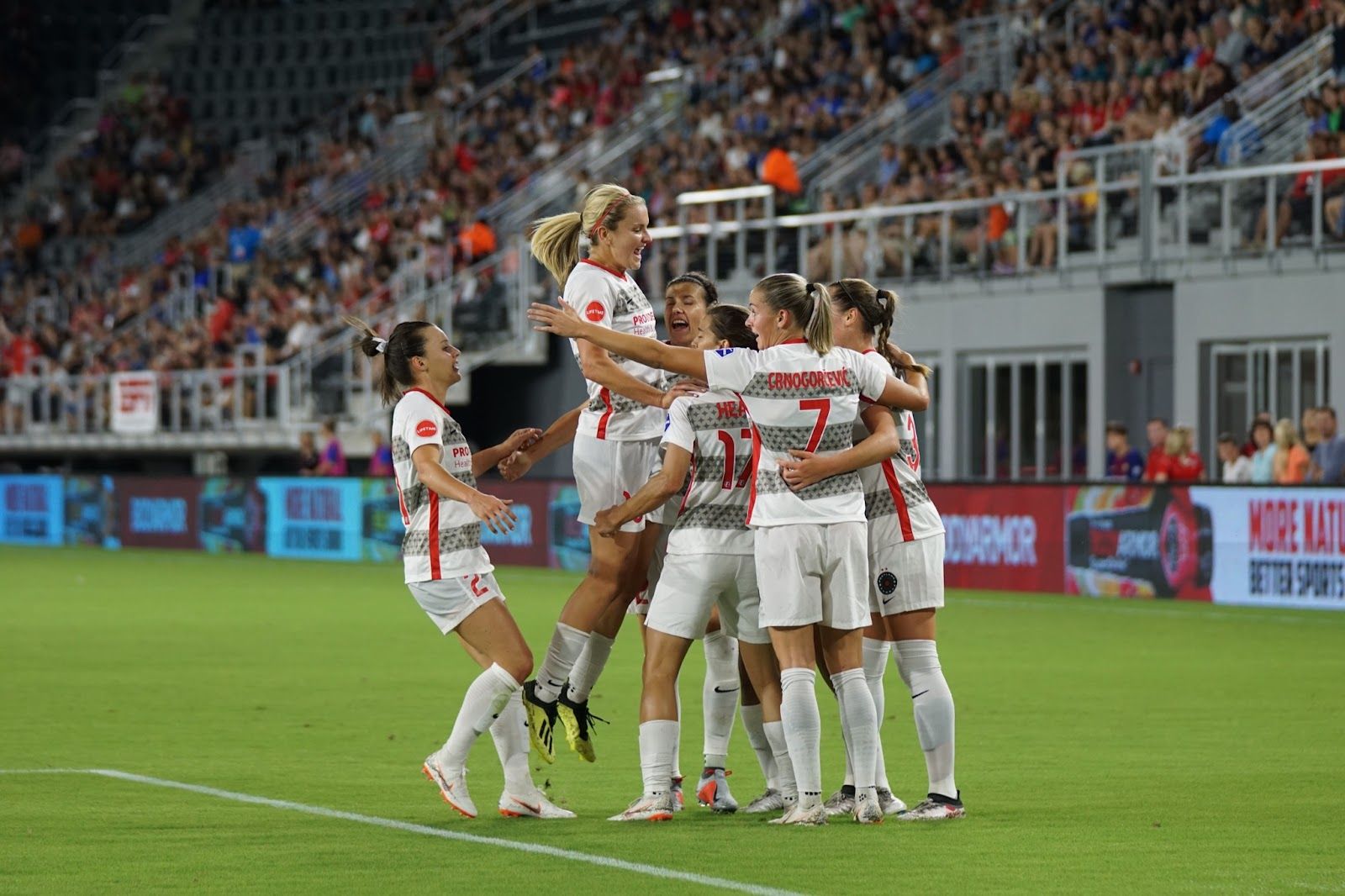College sports captivate America, drawing in millions of fans and fostering intense school pride. But why exactly are they so popular in the country? It’s more than just the love of the game; college sports cultivate community spirit, offer a pathway for aspiring athletes, and serve as a significant revenue stream for many universities.
Let’s see what makes college sports such a beloved and integral part of American culture.
Deep-Rooted Tradition
College sports in America are steeped in deep-rooted tradition, with many universities boasting a rich history of athletic excellence. These traditions foster a strong sense of continuity and pride among alumni and current students.
When a university team wins a championship or hosts a rivalry game, it’s not just about the victory; it’s a celebration of a shared legacy. Generations of families pass down their allegiance to these teams, creating a unique bond that goes beyond the field.
This historical context transforms college sports into more than just games—they become time-honored legacies that unite communities and ignite school spirit.
Scholarship Opportunities
For many athletes, college sports, particularly college football, represent a crucial pathway to higher education through athletic scholarships. These scholarships can be life-changing, enabling talented young individuals from diverse backgrounds to access higher education that might otherwise be out of reach.
Athletic scholarships don’t just cover tuition; they often include housing, meals, and academic support, easing the financial burden on students and their families. This support allows athletes to focus on both their sport and their studies, creating a balanced college experience.
Development of Talent
College sports serve as a breeding ground for future professional athletes. With top-tier coaching and state-of-the-art facilities, student-athletes have the resources to hone their skills and push their limits.
The high level of competition in college leagues, coupled with rigorous training programs, helps refine raw talent. This environment not only prepares athletes for the intense demands of professional sports but also instills discipline and resilience.
Many stars in the NFL, NBA, and MLB got their start in college, leveraging their experience to launch successful careers.
Media Coverage and Broadcasting Rights
The extensive media coverage of college sports plays a huge role in their widespread popularity. Major networks dedicate substantial airtime to broadcasting games, turning them into high-profile national events.
This exposure not only draws in millions of viewers but also creates a lucrative revenue stream through broadcasting rights. The visibility provided by these televised events helps universities showcase their athletic programs, attract top talent, and engage with alumni and fans nationwide.
It’s a win-win situation: networks gain high ratings, universities earn significant income, and fans get to enjoy the excitement of college sports from the comfort of their homes.
Economic Impact
College sports significantly boost local economies. When fans flock to games, they don’t just buy tickets; they flood local businesses, from restaurants to hotels, creating a surge in revenue. Merchandise sales, from jerseys to team memorabilia, further contribute to the economic upswing.
Universities also benefit from lucrative broadcasting deals and sponsorships, which funnel additional funds into their athletic programs. This influx of money supports not only the sports teams but also helps improve facilities and infrastructure, benefiting the entire community.
Rivalry and Competition
Rivalries in college sports are more than just games—they’re epic showdowns fueled by years of competition and regional pride. Think about the annual clashes like the “Border War” between the Kansas Jayhawks and Missouri Tigers. Wherever these rivals meet, the atmosphere is absolutely electric. As a result, the Missouri Tigers odds are strong if they play at home, giving them a significant home-field advantage over the Jayhawks.
These showdowns are circled on fans’ calendars months in advance. Not only do they heighten the excitement and drama, but they also create unforgettable moments that echo through time.
Beyond the athletic field, these rivalries spur friendly (or sometimes not-so-friendly) debates among students, alumni, and locals. The energy and intensity make each game feel like a must-watch event, elevating the spirit of competition to another level.
Emotional Connection and Stories
The emotional connection in college sports is palpable. Fans are drawn not just to the scoreboard but to the stories of perseverance and personal triumphs. When an underdog team overcomes the odds or an athlete pushes through adversity, it creates a narrative that resonates deeply.
These stories of grit and teamwork turn casual viewers into devoted fans. This connection is powerful; it transforms games into emotional rollercoasters, where every win feels like a shared victory.
More than just entertainment, these narratives inspire and unite, making college sports a deeply personal experience for many.
Showcase of School Spirit
Sporting events are the heart of school spirit, where fans proudly display school colors, mascots are actively involved, and the crowd chants fight songs. These traditions aren’t just about spectacle; they create a unified front of enthusiasm and loyalty.
Imagine a sea of students all dressed in their school’s colors, cheering in unison with high energy. This camaraderie fuels the competition and makes each game a heightened experience. The electric atmosphere isn’t just fun—it’s a vital part of what makes college sports so engaging.
Such displays reinforce the sense of belonging, making every fan feel like they’re part of something bigger.













